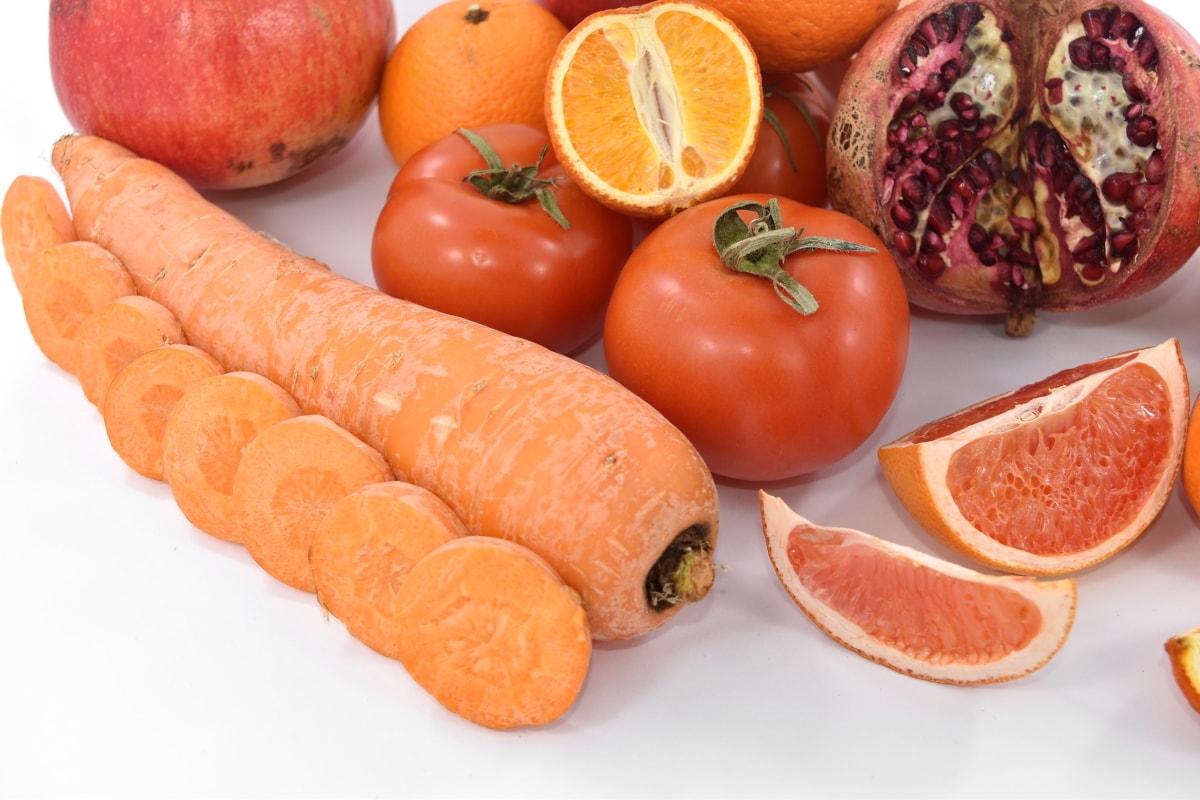By SHANNON SKAE, health and life coach at Revive with Shan
What is a vegan diet?
This is a diet that is based on plants, such as legumes, vegetables, fruit, nuts, and grains. It requires the person to avoid all animal products. Vegans are slightly stricter than plant-based eaters in that they do not just avoid animal products while eating, but also with their clothing, washing products, makeup products etc.
Some misconceptions about veganism:
- Vegans don’t get enough protein
- Honey is vegan
- Plants have feelings
- Soy creates infertility
- Vegans are malnourished
- Being vegan means that you are immediately healthy
- Veganism is expensive
- Only vegans need supplements like vitamin B
- Vegans are deficient in iron and vitamin B
- Vegans cannot get enough calcium
- Vegan diets make you weak
- Vegans age badly or age quicker
- Veganism guarantees weight loss
- Vegan diets are not for children
- Going vegan does not save the planet
- Vegans don’t eat bread
- Being vegan is about eating flavourless food
Debunking misconceptions about the vegan diet:
- Vegans have not been shown to be deficient in protein. On average, vegans have a 70% higher protein intake than they actually need in the day
- Honey is an animal product, which means it is not vegan
- Plants do not have a central nervous system or a brain, which means they cannot feel pain
- When it comes to soy’s impact on hormones, the data tends to be controversial and conflicting data. The answer is that unless you eat tons and tons of soy it will not impact you or your hormones at all
- Vegans are not malnourished and if you eat an organic, non-processed vegan diet, you are likely to gain more nutrients than most meat eaters as they include processed foods in their diet
- Vegans can be unhealthy if they eat mainly processed vegan foods
- Veganism is not expensive unless you eat mainly processed vegan foods
- Eating too much-processed food leads to deficiencies and thus the need for supplements
- Vegans get calcium-fortified foods, which means they probably get more calcium from their food than would with low-fat or fat-free milk as these are stripped of calcium
- There are many vegan athletes who have not struggled to maintain and increase strength on a vegan diet
- Veganism is associated with longevity
- Children can eat vegan food if they are guided properly on what to eat
- Veganism decreases your carbon footprint by up to 50%
- There are many types of bread that are vegan
- Some of the most flavorful foods are vegan because there is such a focus on the spices of the food
Why is a vegan or plant-based diet beneficial?
- A non-processed vegan diet can promote weight loss
- It reduces cholesterol levels so in turn reduces the risk of heart disease
- It reduces the risk of certain types of cancers
- It manages diabetes by lowering blood sugar levels if you eat a non-processed vegan diet
- It is often richer in nutrients from plants, but this does have to be paired with vitamin C to increase absorption
- It helps reduce pain from arthritis due to the anti-inflammatory impacts of plant-based foods
- Plant-based diets can help you live longer and increases longevity
The best diet for anyone is one that works for you, is balanced, minimally processed and is as organic as possible!


